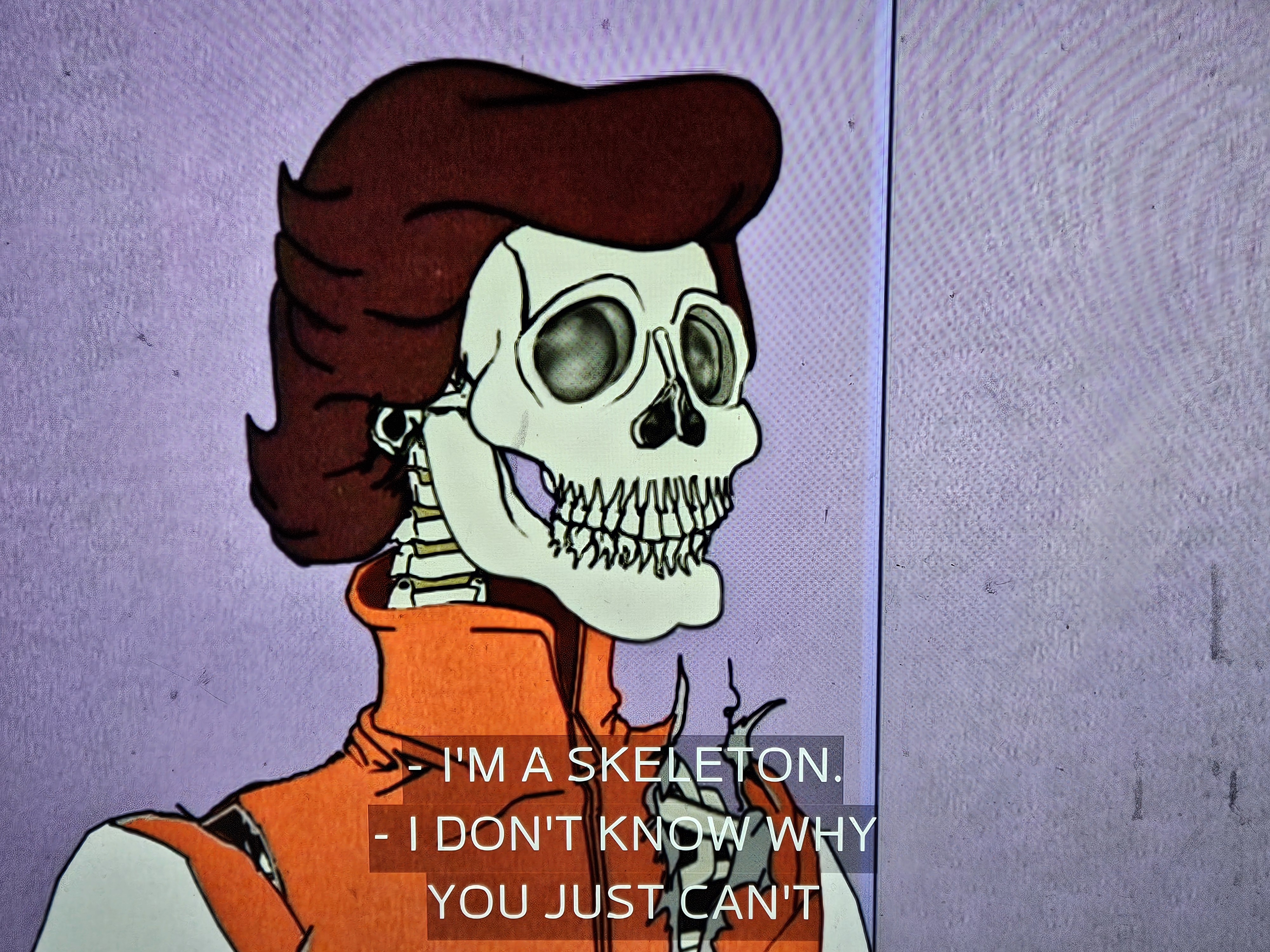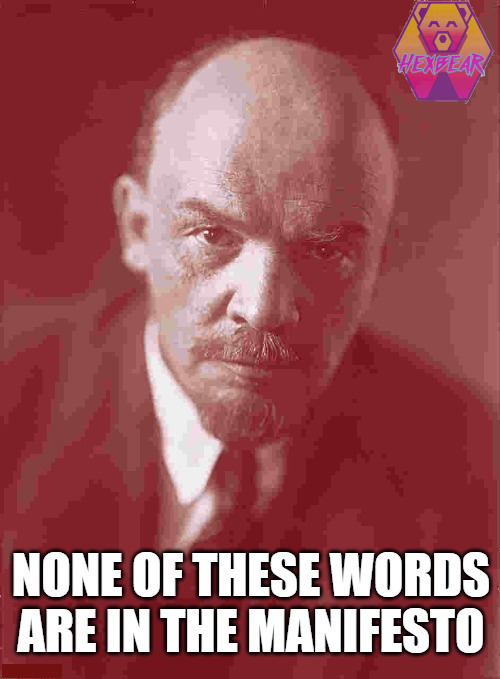Paragon and renegade were obvious stand ins for the two major sides of US politics, liberal democrat and liberal conservative, even being coded as red and blue for good measure.
Like with US capitalist “democracy”, your choices are aesthetic and the results will always be disappointing and shallow, because they change reality of the story and the ending very little. The sides of paragon and renegade end up just being two sides of the same shit sandwich.
And just like in liberal politics, wishing for anything better is treated as not an option.
Legion in Mass Effect 2: “We do not understand why anyone would choose individuality or non-consensus, it seems genuinely disturbing and frightening to us, the race of Microsoft Clippys who want to build a Dyson sphere to upload ourselves into so we can all be literally exactly the same in every way”
Mass Effect 3: “You can either genocide the Geth or turn them all into individuals, a thing that Legion implied would be the closest thing possible to Hell for them”
I would extend this criticism to pretty much every game with an alignment system. Not the US politics part of it, since that’s very particular to Mass Effect’s brand of alignments, but the point that the choices are primarily aesthetic and very shallow.
This is because in games with alignment systems you are always encouraged in some way to stick to one side of the spectrum. Sometimes this is by rewarding players who max the alignment stat (KotOR), sometimes it’s by making it more difficult for the player to deviate from their alignment (Triangle Strategy), and sometimes it’s by punishing them outright for trying to play with both sides (Baldur’s Gate 1 & 2, kinda). This encouragement makes the player stop thinking about their individual choices. Sure, you can try to take every individual choice as a serious question and answer accordingly, but if you do the game will push back against you for doing it. The system has thus turned your choices into yet another part of your character ‘build’ instead of it being truly roleplay. You turn your brain off and let the colour decide your fate instead of engaging with the questions posited by the game. (This is especially true if it’s a Good/Evil alignment, or hell, Paragon/Renegade because that alignment is basically Good/Evil in all but name, unless you think being a fascist is good, actually)
This is then similar to the way liberals conceive of politics as ‘sides’ that you either support or don’t. The simplification of the world into easily digestible sides terminates the thoughts that might otherwise try to grapple with the actual conditions of the situation at hand and consider more complex stances and solutions. Supporting none of the present political parties/alignments is not even presented as an option outside of centrism.
Games without alignment systems avoid this issue because the lack of an easily identifiable side to support means the player must actually grapple with what they are being asked. This difference is probably best exemplified by games like the early Fallouts or Dragon Age since the choices in those games are usually binary. The lack of an alignment framework in these games despite this binary means that even a player who simply does the ‘good’ thing all the time will have to think to identify which binary choice they think is the good one instead of simply following the colour. (Note that while a lot of games with Good/Evil alignments don’t colour their choices they are still instantly identifiable since the options are ordered and the evil options are always cartoonish. My previous examples, meanwhile, have a bit more ambiguity.)
The lack of strict alignments also allows for a greater variety in choices and outcomes. This variety then allows for more interesting outcomes that might slightly subvert a player’s expectation. This in turn encourages the player to consider other possibilities beyond what the game itself is giving them. Since if your choice had some unforeseen effects then what could that other choice have done? What could you have done differently in the real world and how would that effect it? It, essentially, makes the player engage more deeply with the game’s world. Games with alignment, meanwhile, limit player engagement to the framework they provide. The player will thus either accept this framing or will try to claw against the game’s own writing and systems.
tl;dr Alignment? More like

The hidden gem Witcherino 3 is also pretty good at the “here’s a binary choice between bad and worse, pick which one you want, loser” thing.
Not mention the entire conflict being a reiteration of a recurring issue that has a very simple solution that no one seems capable of accepting
that tracks, because I looked at how Mass Effect 1 tried to portray and weird civilization of comparable power but unknown motives as evil purely for the sake of evil and your hyper-fascist space cop as the only one who could save the universe using the power of racism and said "Fuck this this sucks I’m going to go play something else.
yeah, that tracks, if you shoot the ghost kid in the face you get scolded by the teacher or whatever, I barely remember, I’ll just keep pretending there was only Mass Effect. ME2 had some interesting bits, but it was a huge “Joss Whedon writes Gears of War” narrative downgrade over the first one.
It was also way more edgy and horny than the first one. Like regardless of the direction in which you nudged Garrus, the wide-eyed rookie cop in the first game, in the second game he’s the fucking Punisher and hunts down gangs on a seedy crime planet
So SPOILERS was the “green” ending added in a patch? Because that changes the game a bit.
IIRC it was in at launch but it also required you to get the resource-ometer up high enough that I didn’t have the option despite doing all side content I could see. It was also easier if you imported a save.








